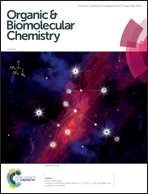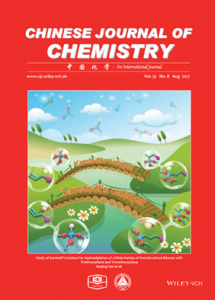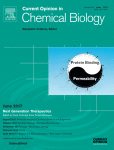 Decades ago, unbeknownst to each other, two chemists were independently working on a screening approach to identify new potential drugs. Both published papers about the technique around the same time. So now, when scientists write papers that cite the technique, who should get credit for discovering it?
Decades ago, unbeknownst to each other, two chemists were independently working on a screening approach to identify new potential drugs. Both published papers about the technique around the same time. So now, when scientists write papers that cite the technique, who should get credit for discovering it?
Decades later, that question still hasn’t been answered — and the researchers continue to argue, this time over one’s decision not to cite the other’s work.
More than 30 years ago, Árpád Furka—now retired from Eötvös Loránd University in Budapest—developed an approach he says has had “outstanding importance” in drug development. The technique, called split-mix synthesis, made it possible to synthesize and screen millions of peptides at once, instead of one by one. Furka patented the method in 1982, presented an abstract in 1988, and published a paper in 1991. Continue reading Chemists duke it out over who was first to discover a 30-year-old technique
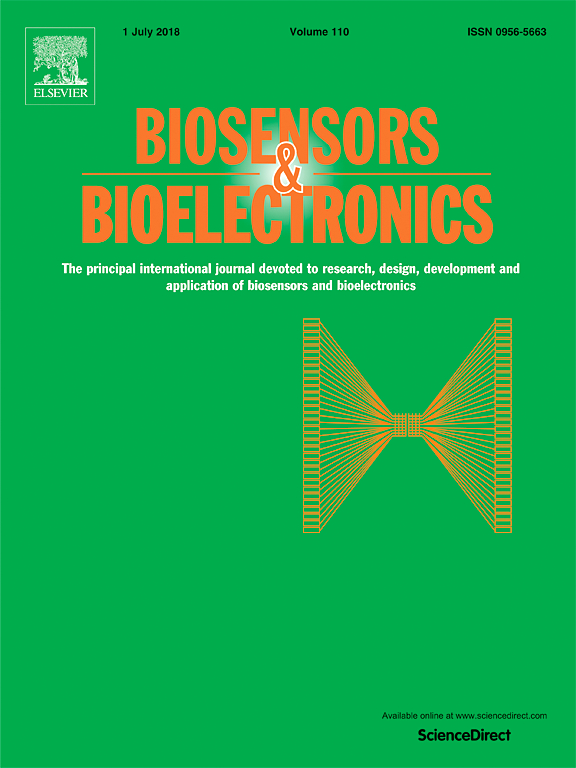

 A chemistry journal has retracted a nanoparticle paper following heavy outcry from readers, who
A chemistry journal has retracted a nanoparticle paper following heavy outcry from readers, who 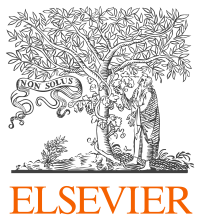 A researcher whose
A researcher whose 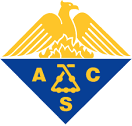

 The presence of allegedly obvious manipulations in
The presence of allegedly obvious manipulations in 